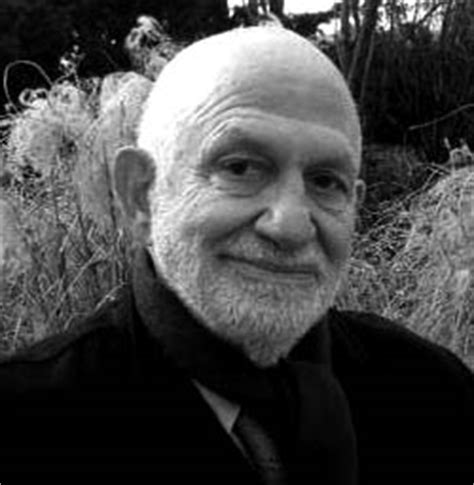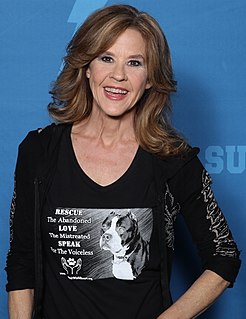A Quote by Floyd Abrams
I really try at least to come back and answer the question as to whether that was really the best way to do that and was I really thinking straight and how did my opponents behave and how did the judges behave was needed.
Related Quotes
When you have children your own hypocrisy becomes more apparent because you're telling them how to behave, and you're not behaving like that yourself. So it obliges one to really go in and try to look at why there is a huge gulf between how one knows one wants to behave and how one actually does behave.
Science tries to answer the question: "How?" How do cells act in the body? How do you design an airplane that will fly faster thansound? How is a molecule of insulin constructed? Religion, by contrast, tries to answer the question: "Why?" Why was man created? Why ought I to tell the truth? Why must there be sorrow or pain or death? Science attempts to analyze how things and people and animals behave; it has no concern whether this behavior is good or bad, is purposeful or not. But religion is precisely the quest for such answers: whether an act is right or wrong, good or bad, and why.
College was really good for me. It's where I did my growing up, learning how to live on my own and to be myself. That really helped. I've eased my way into everything since then, so it doesn't feel too crazy. It's just about being the same person, whether good things come my way or bad things come my way, and to enjoy the opportunities I have.
These, then, are the two points I wanted to make. First, that human beings, all over the earth, have this curious idea that they ought to behave in a certain way, and cannot really get rid of it. Secondly, that they do not in fact behave in that way. They know the Law of Nature; they break it. These two facts are the foundation of all clear thinking about ourselves and the universe we live in.
Donald Trump runs the country like he ran "The Apprentice." The premise of "The Apprentice" is a crazy rich guy has his daughter and his son oversee celebrities doing tasks. And then they come back to him, and they tell him how they did. So in every episode he's like, how did - how'd Meatloaf do, Ivanka? And then she says, Meatloaf really did a great presentation. And then he makes some impulsive decision about who to fire based on not being there, not really even understanding anything.
How would you feel if you had no fear? Feel like that. How would you behave toward other people if you realized their powerlessness to hurt you? Behave like that. How would your react to so-called misfortune if you saw its inability to bother you? React like that. How would you think toward yourself if you knew you were really all right? Think like that.
'Believing' cannot tip the scales in making a historical judgement about whether something really happened. I can choose to believe that George Washington threw a silver dollar across the Rappahannock, but my believing that he did it has nothing to do with whether or not he really did do it. So also with the story of Jesus walking on water: Believing that he did it has nothing to do with whether he really did do it. 'Belief' cannot be the basis for historical conclusions; it has no direct relevance.
Addiction is more malleable than you know. When people come to me for therapy, they often ask me whether their behavior constitutes a real addiction (or whether they are really alcoholic, etc.). My answer is that this is not the important question. The important questions are how many problems is the involvement causing you, how much do you want to change it, and how can we go about change?
I've had people appear in my life that have helped me. I had more fun. I approached it thinking how would Jack Nicholson, "How would he do it?" So that's really what I did was I created this Gremlin character. So now people come up and they say 'Oh The Exorcist!'.. and I'm like "Did you see Repossessed?" They say either no or yes or whatever, and I say look at this, have a laugh, and then go back and look at a masterpiece.
It's not a matter of how much you know or can define, or how many millions of mantras or thousands of prostrations you have done, or how many months of wangs you've attended. The important thing is whether or not the mind is really changing, whether our negative emotions are really coming under control, whether we are really beginning to understand ourselves, whether our mind is really improving, and whether in our hearts there is genuine love and caring for other people.




































